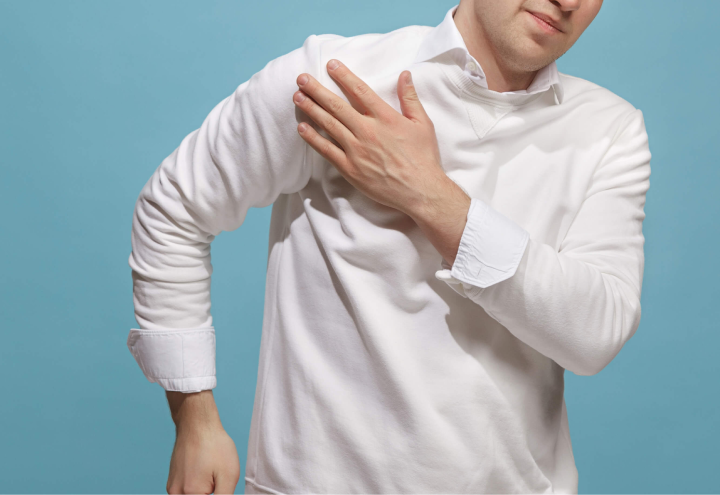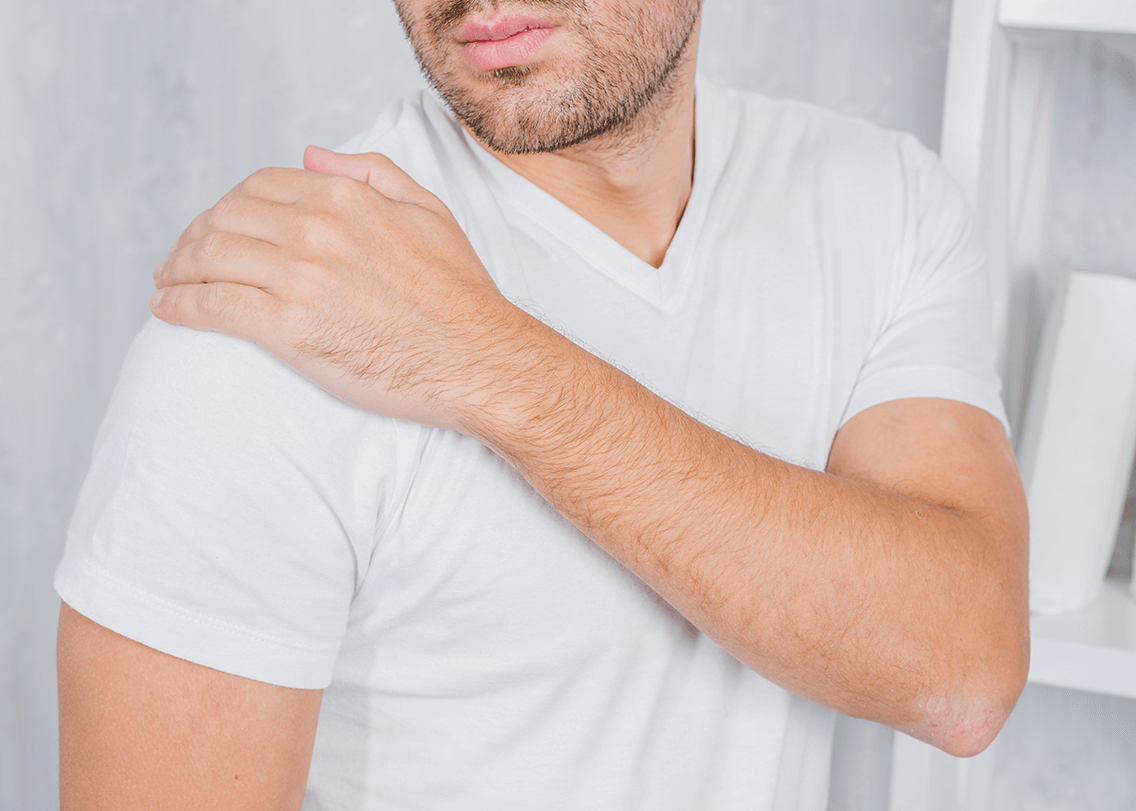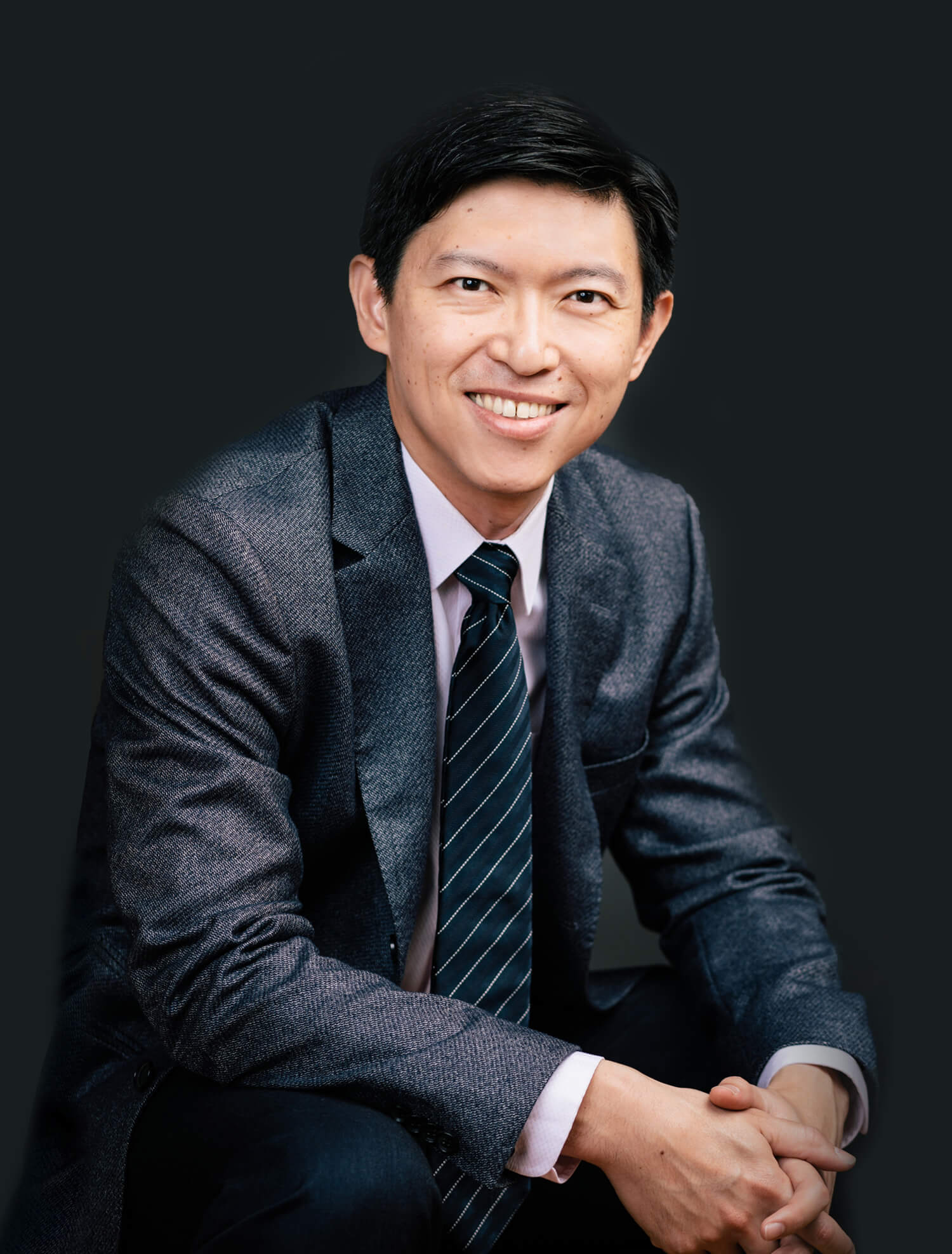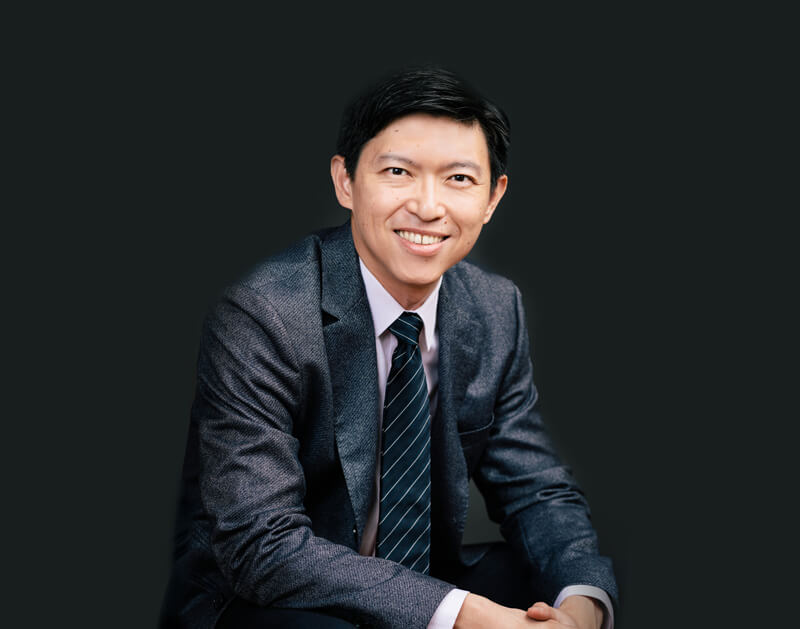While high-intensity interval training (HIIT) is an effective, time-efficient way of improving fitness and strength, it can also cause more injuries than other workouts. Senior Consultant Orthopaedic Surgeon DR ONG KEE LEONG shares some common HIIT injuries and how to prevent them.
HIIT is a cardio-based workout that alternates spurts of intense exercise with low-intensity recovery periods. It can entail sprints, spinning and high-tempo circuit training including burpees, jump-squats and mountain climbers; strength-based bodyweight, kettlebell, barbell or battle-rope exercises are often incorporated, too.
While HIIT has many health benefits when performed properly, I’ve seen many patients sustain injuries during this type of training. It’s usually not the movements themselves that cause injury, rather, poor form and preparation are to blame.
Common HIIT injuries include:
Knee injuries
Knee conditions are the most common ailment in HIIT athletes. Cartilage damage can occur from repetitive motion of the knee joint – and only worsens with stair and box climbing, or landing after a jump. Meniscus tears frequently occur when an athlete bends or straightens the knee in an explosive, but slightly awkward or careless manner – resulting in pain and a locking sensation.
When diagnosed early, these problems can be resolved with physiotherapy, a well-fitted knee brace and anti-inflammatories. More severe cases may require surgical repair.
Shoulder injuries
Shoulder impingement is common with HIIT; it occurs when the upper arm is brought through a wide arc of motion rapidly, and forcefully or abruptly used to hold up significant loads, leading to a rotator cuff injury.
Also common are injuries to the labrum – the rubber band-like structure that keeps the shoulder in its socket – that cause pain or clicking. Labral tears often occur with repeated overhead arm movements, or while using a bodyweight or barbell.
When diagnosed early, these injuries can effectively be treated with rest, exercise modification and guided strengthening exercises with a physiotherapist. A larger tear usually requires minimally invasive keyhole surgery. The sooner you seek medical advice, the better, as it can affect the amount of downtime you’ll experience later.
Elbow injuries
Usually attributed to overtraining with inadequate rest in between, or poor technique, elbow pain can be so severe that writing is impossible.
Early recognition of the problem will give the athlete a head start in returning to a fitness regime. And exercise modifications, anti-inflammatories and guided stretching exercises will give the worn-out tendons a chance to recover. An adjustable elbow brace can also provide great symptomatic relief.
If the condition is more severe, a steroidal anti-inflammation injection can help. Less commonly, arthroscopic keyhole surgery may be required.
Back injuries
Poor core strength and lifting with poor form can result in back strains. Usually, milder strains can be treated with rest, stretching exercises, heat packs and anti-inflammatory medication.
Back injuries that persist even after a few days of rest and medication – particularly those associated with leg weakness, numbness, a pins and needles sensation or shooting pain – should be checked by a doctor. An MRI scan of the spine may be necessary to check for a herniated disc.
Top Tips For Avoiding HIIT Injuries
- Warm up and stretch, before and after high-intensity exercise
- When starting out, make sure your exercise technique and form are correct (have an attentive coach!)
- Don’t ramp up training unless you’ve built up the core strength and muscle memory required
- Cross train with a diverse range of exercises
- Deliberately set aside adequate time for your body to rest and recover, you are not a machine (no matter what others may tell you!)
- Remember that no pain is not no gain! If you’re in pain, stop, assess and see a medical professional for advice






